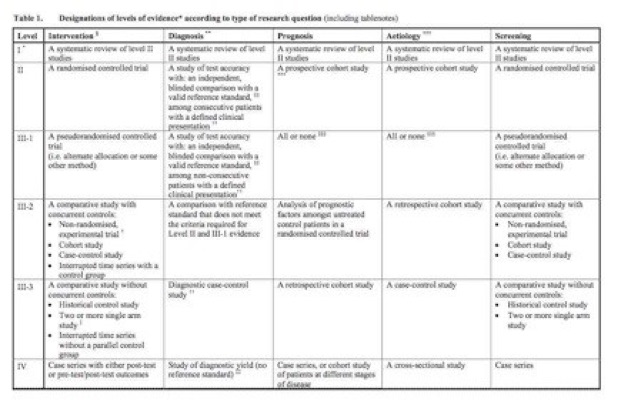Unorthodox allergy testing

IMPORTANT The information provided is of a general nature and should not be used as a substitute for professional advice. If you think you may suffer from an allergic or other disease that requires attention, you should discuss it with your family doctor. The content of the information articles and all illustrations on this website remains the intellectual property of Dr Raymond Mullins and cannot be reproduced without written permission.
Summary
Our ability to accurately diagnose and treat allergic disease has benefited from scientific understanding of what happens during an allergic reaction. Unfortunately, a number of misleading tests and treatments are promoted as being useful for diagnosing and treating allergies. These tests have been shown to be inaccurate and poorly reproducible when subjected to careful study.
And there are lots of them
IgG food testing, hair analysis, vega testing, cytotoxic food testing, kinesiology, iridology and on the list goes. They are about as useful as reading tea leaves... but a lot more expensive.
Allergy is a science-based specialty
Conventional allergy practice and testing relies upon an understanding of the immune basis of diseases such as food allergy, hay fever, stinging insect allergies, drug allergies and asthma. Accurate allergy diagnosis and treatment requires reliable testing procedures, such as skin prick testing or blood allergy testing.
Philosophies underlying unorthodox medical practice
Many unorthodox allergy practices claim that common symptoms such as headaches, migraine, irritable bowel, muscle tension, aches and pains, addiction, PMS, fatigue and depression are either due to "hidden allergies" or secondary to noxious external triggers.
Blurring the meaning of the word "immunity" with that of "energy", allergic and other disease is often described as a result of disturbed / imbalanced vital life force or energy, or secondary to noxious external triggers such as environmental toxins and chemicals, food allergens or chronic Candida infection.
Conventional allergy testing is of little use in these situations, as these conditions do not have an allergic basis.
Those promoting these philosophies of illness often claim that the body can generally cure itself if only given the opportunity to correct these imbalances by avoiding or eliminating environmental toxins or allergens. Blending concepts of immunity, neurology and eastern mysticism, claims are usually accompanied by quasi-religious and pseudo-scientific jargon, and emotive language designed to encourage unrealistic expectations.
Most of these tests have not been subject to reliability testing in the same way as conventional tests. When they have, no benefit has been shown. No Medicare rebate is available in Australia for these tests. Reliance on the results of such tests to guide medical treatment is inadvisable and can lead individuals down the rabbit hole of unnecessarily restricting diets for spurious reasons, affect nutrition (especially important in young growing children) and even lead to food related anxiety.
A summary of the levels of evidence is listed below. An external link to the ASCIA Position Statement on Unorthodox testing and treatments and levels of evidence was written and lasted updated by Dr Mullins in 2007. An Editorial written by Dr Mullins in 2007 and published in the Medical Journal of Australia.

Last reviewed 4 April 2020